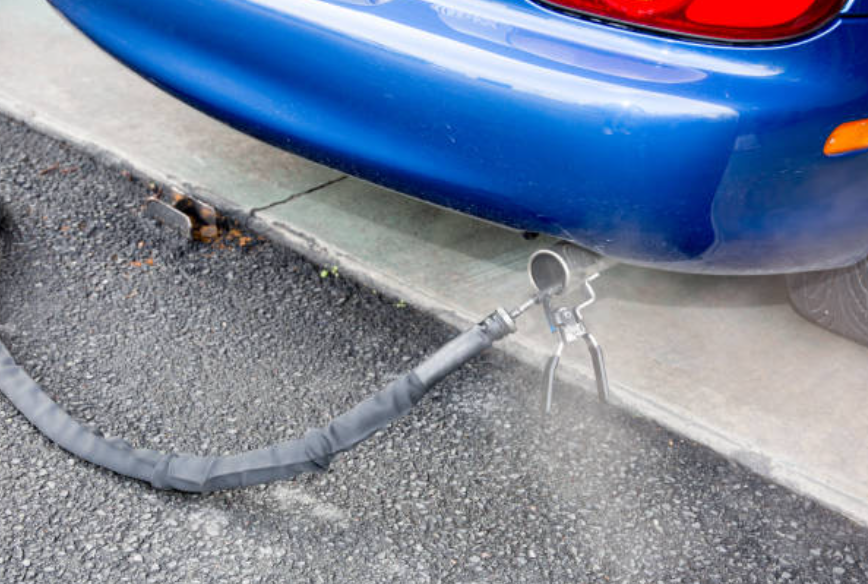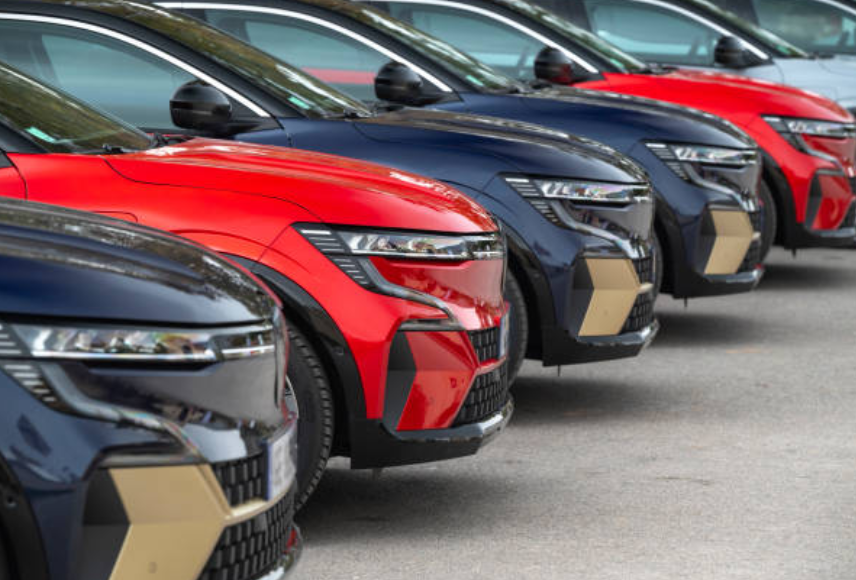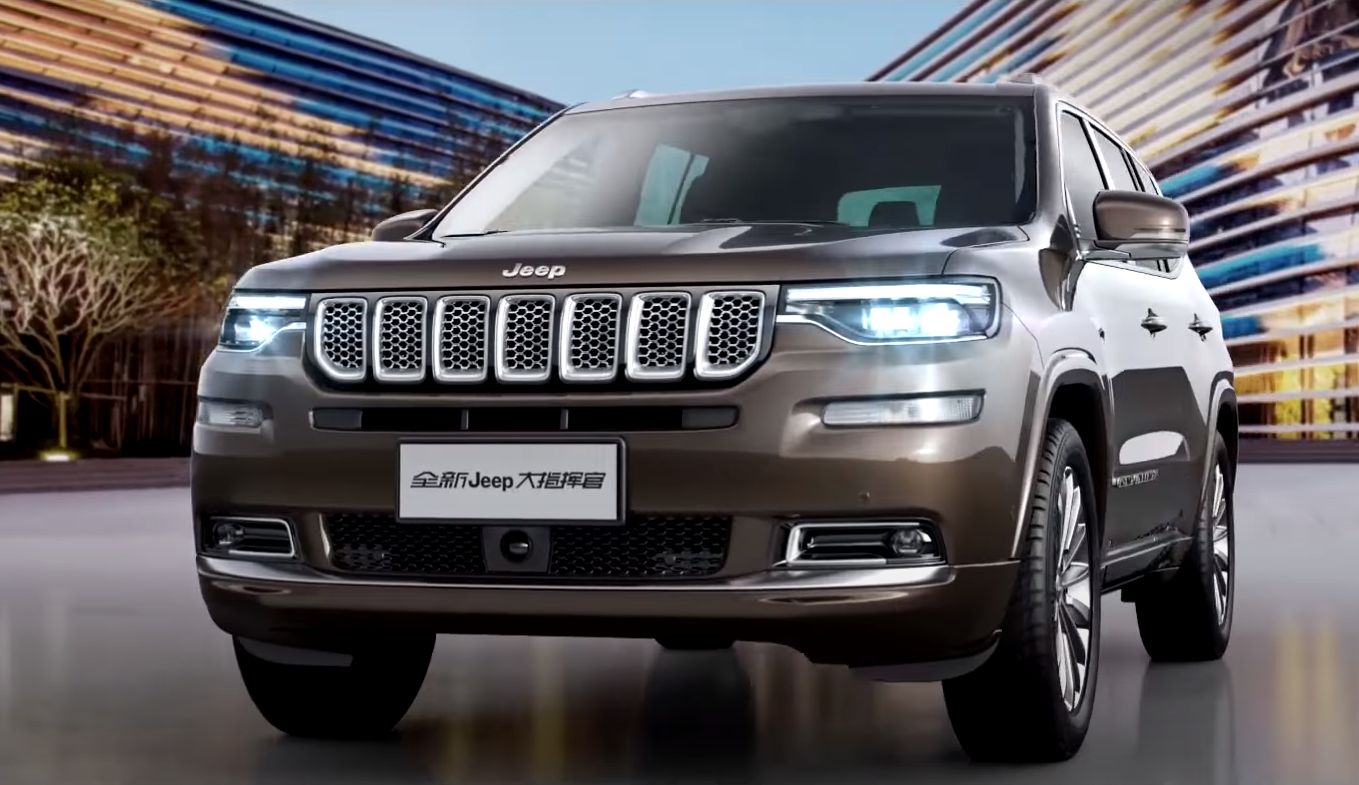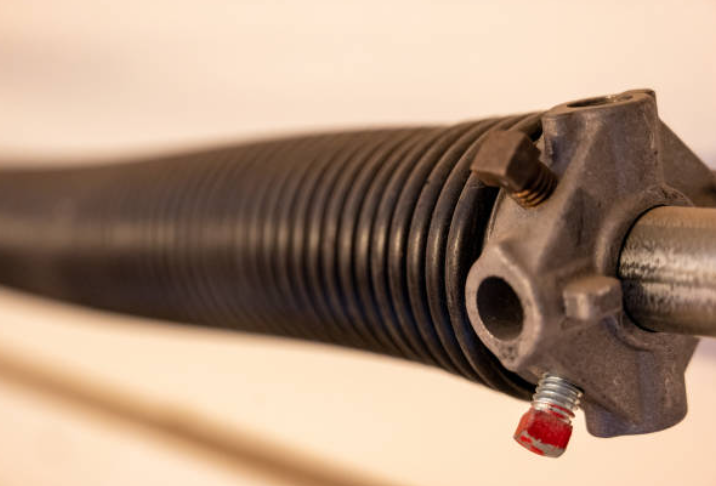All You Need to Know About Smog Checks
Do you own a car and reside in a place where smog checks are necessary? Then it is important that you comprehend every detail of what this implies. Smog checks are inspections designed to protect air quality by ensuring cars emit lower levels of pollution, so getting informed about them is key.
In this blog post, we'll provide all the information necessary to help you make sure your vehicle passes its next smog check without any issues. We'll tell you everything from how frequently and where these tests need to be done, what types of vehicles require it, when exemptions may apply, what technicians will look for during a check-up and what happens if your car fails its test. By understanding these elements upfront, not only can you stay on top of meeting regulations but also ensure hassle-free maintenance down the line!

What is a Smog Check?
A Smog Check is an inspection and testing procedure for vehicle emissions intended to measure and regulate the quantity of pollutants produced by moving cars. Vehicles must adhere to strict emission limits established by environmental organizations in various areas and nations. By locating automobiles that release too many pollutants, a smog check primarily aims to minimize air pollution, enhance air quality, and safeguard human health.

Smog checks are of utmost importance as they serve multiple critical purposes. They are crucial in identifying and addressing automobiles that produce too many pollutants, which helps to improve air quality. Smog checks help to protect the environment and public health by lowering dangerous emissions such nitrogen oxides, volatile organic compounds, carbon monoxide, and particle matter.
These examinations have a critical role in reducing the negative impacts of air pollution, including respiratory problems and cardiovascular disorders. Smog checks also indirectly support efforts to mitigate climate change since well-maintained cars tend to be more fuel-efficient, which lowers greenhouse gas emissions. By enforcing regulatory compliance and promoting equitable air quality distribution, smog checks are a significant step towards fostering cleaner air, healthier communities, and a sustainable future for generations to come.
During a Smog Check, a certified technician examines various components of a vehicle's emission control system to ensure it is functioning correctly. The inspection typically includes checking the exhaust system, catalytic converter, oxygen sensors, and evaporative emissions control system. Additionally, the technician connects the vehicle to an emissions testing machine that measures the pollutants released during a simulated driving cycle.

Improving Public Health: Smog checks aid in enhancing public health by finding and fixing cars that generate too many pollutants. For susceptible populations including children, the elderly, and those with underlying respiratory disorders, lower air pollution implies fewer respiratory difficulties, asthma attacks, and other health issues linked to poor air quality.
Promoting Environmentally Friendly Driving Practices: Smog checks incentivize vehicle owners to maintain their cars properly and adopt more environmentally friendly driving practices. Regular maintenance and timely repairs not only reduce emissions but also improve fuel efficiency, saving money for drivers and reducing the overall carbon footprint of vehicles.
Meeting Emission Standards and Regulations: Smog checks are often mandated by government regulations to ensure vehicles comply with emission standards. By enforcing these checks, authorities ensure that vehicles on the road meet the required environmental standards, contributing to overall emission reduction goals.
Extending the Lifespan of Vehicles: Regular smog checks encourage proper maintenance of vehicles, identifying issues that may impact the performance and longevity of the car. Timely repairs and maintenance can extend the lifespan of vehicles, reducing the need for premature replacements and the associated environmental impact of manufacturing new vehicles.
Supporting Clean Air Initiatives: Smog checks are part of broader clean air initiatives aimed at protecting the environment and public health. These programs often include other measures like promoting public transportation, encouraging electric or hybrid vehicles, and investing in alternative fuels to further reduce emissions.
Enhancing Overall Air Quality: By ensuring that vehicles on the road are emitting fewer pollutants, smog checks contribute to overall air quality improvement. Cleaner air benefits not only the immediate community but also neighboring regions and the environment as a whole.
Preserving Natural Resources: Reduced emissions resulting from smog checks contribute to the preservation of natural resources. Lower levels of air pollution mean less harm to ecosystems, wildlife, and vegetation, maintaining the ecological balance in affected areas.
-
Are there any exemptions from smog checks?
Some regions provide exemptions or reduced testing requirements for certain vehicles, such as new vehicles, electric vehicles, or vehicles used for specific purposes like agricultural operations. However, these exemptions vary by location.
-
Where can I get a smog check?
Smog checks are typically conducted at authorized and licensed smog check stations or facilities. These stations employ certified technicians who perform the emissions tests and provide the necessary documentation for vehicle registration.
Read more review here: Top 10 Monopods For Ultimate Stability












